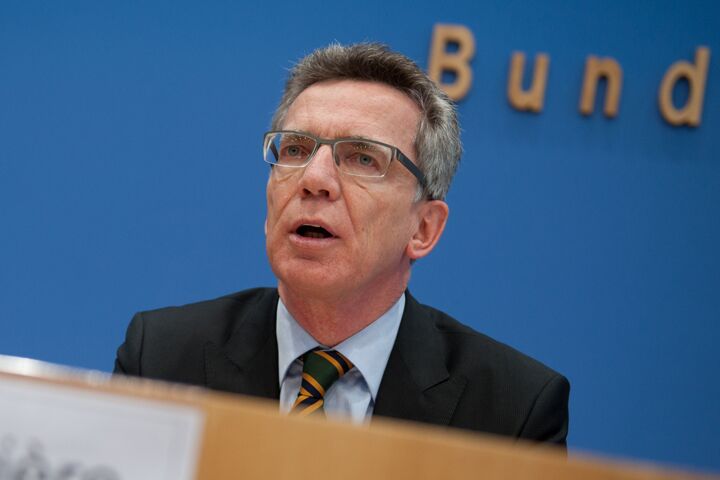
Germany: War Is Legitimate Foreign Policy
It had to come. Once the Holy Roman imperialist vision of German elites had achieved its goals diplomatically, economically, financially, socially and culturally, through the now used and abused instrument of the European Union, the move to revive German militarism was inevitable.
German elites are engaging in a subtle propaganda effort to condition the mind of the German public to view war as one of the prime foreign-policy tools at the newly assertive nation’s disposal. The reality is that offensive military action is destined, just one more time, to become the predominant foreign-policy option soon to be exploited by German elites in their effort to expand German influence globally.
The German Council on Foreign Relations is opening up a debate in Germany via its leading periodical, Internationale Politik. Its senior editor observes that postwar German society has difficulty “openly discussing power—which in the end includes military force” (No. 6/2011).
In its current edition, the periodical quotes Germany’s defense minister, Thomas de Maizière, as declaring that “Military means are the ultimate and not merely the last means.” Commenting on the continuing reform measures of the Bundeswehr (initiated by his predecessor Karl-Theodor zu Guttenberg), de Maizière stated that “The question of the deployment of our armed forces will most likely be posed more often in the future,” with the Bundeswehr becoming “consistently oriented toward deployability and … a large range of capabilities” also involving “high intensity combat missions.”
In the same journal, Lt. Col. Christian Freuding (Ret.), a member of the German Defense Ministry’s planning staff, points to the Balkan wars as having “contribution to regional stabilization” by yielding a “strategic advantage” to Europe. This is a blatant admission that Germany had but one motive in destabilizing the Balkans when, with papal support, it initiated conflict in the region by the unilateral recognition of Slovenia and Croatia as separate nation states.
In commenting on de Maizière’s views as aired in Internationale Politik, German-Foreign-Policy.com observes that “The minister of defense leaves no doubts about Berlin being intent on establishing more cohesion between the population and the military [so as] to have a free hand for future military interventions” (November 2).
Under Germany’s present defense minister, things may not be proceeding with the drama that accompanied Guttenberg’s initiation of changes for a leaner, meaner swift-reaction Bundeswehr. But they are proceeding consistent with the philosophy that he established in his short reign as head of the nation’s armed forces. Most particularly this relates to the public relations effort to raise the profile of Germany’s Bundeswehr in the eyes of the German nation.
This major public relations effort will require “A new culture of cohesion” between the military and the public by general acceptance of a collective “duty … to achieve and maintain a place in the middle of society for the Bundeswehr” (ibid).
German-Foreign-Policy.com comments that the debate on Germany’s need for a new approach to militarism is really geared to achieving the will of Berlin elites as summed up by the current edition of Internationale Politik: “The culture of military restraint must give way to a culture of responsibility” (op. cit.).
Being mindful of Germany’s history, German-Foreign-Policy.com observes that “culture of responsibility” means “nothing more than the readiness to willingly support a growing number of the Bundeswehr’s combat missions” (op. cit., emphasis added).
Now that should really set us thinking!
